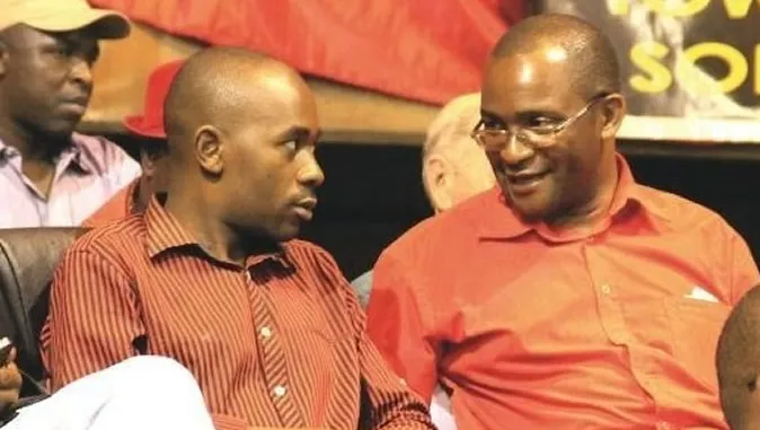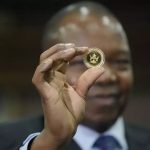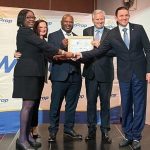Zimbabwe’s opposition claims it is equipped for a difficult election campaign, but its room to manoeuvre is narrowing.
The CCC, on the other hand, is short on funds. Chamisa won more than 40 percent of the national vote in 2018, largely surpassing the 5 percent threshold required for his party to receive state funding. But that money is now going to the MDC, under whose banner he ran in 2018, thereby benefiting Mwonzora. To complicate matters, last August, the Zimbabwe Electoral Commission announced a dramatic increase in nomination fees for candidates, with presidential candidates required to pay the equivalent of US$20 000 and parliamentary candidates US$1 000. Candidates must also pay between US$10 to US$150 for an electronic copy of the voters’ roll. Unless it chooses not to field a full slate, the CCC will be required to pay at least US$250 000 to register its candidates for the 2023 general election, money it simply doesn’t have.
Meanwhile, the incumbent ZANU-PF is unsurprisingly well-funded. Mnangagwa himself is wealthy, as is much of his inner circle. A recent expose by Al Jazeera on corruption in Zimbabwe claimed he has amassed a war chest of nearly US$250 million for the upcoming election. The opposition, which is heavily dependent on funding from its supporters in the Zimbabwean diaspora, cannot realistically raise even a small fraction of that money. Organisations that support civil society groups and opposition parties in authoritarian regimes have also reduced their funding, exacerbating the shortage of funds that now poses a real hurdle to Chamisa’s prospects. It’s an illustration of how, in Zimbabwe and elsewhere across the world, democracy is incredibly costly, leaving opposition parties regularly shut out for lack of adequate financing.
In addition, ZANU-PF has leveraged its ability to distribute patronage to its advantage. Since Mnangagwa came to power, economic conditions in Zimbabwe have further deteriorated, but political elites and their inner circles continue to get wealthier. ZANU-PF’s pool of candidates also reflects its diversity outreach efforts following the 2018 election, with this year’s slate of aspirants including several affluent members of racial minority groups, many of whom are happy to use their wealth to entice voters. For instance, Finance Minister Mthuli Ncube, a member of the Ndebele minority ethnic group, has spent considerable sums of his own money to supply Wi-Fi to constituents in Cowdray Park, a traditional stronghold of the opposition. Such measures are likely to boost ZANU-PF’s support at the polls.
While all of these dynamics represent continuity with Zimbabwe’s electoral politics during the Mugabe era, there have been some significant changes. Shortly after the 2018 election, Mnangagwa formed an advisory committee that assembled many critics and adversaries of the regime, promising to give them a chance to contribute to policymaking. This effort at extending an olive branch to the opposition was largely a failure, as many of its members, including the media guru Trevor Ncube, quit. But it broadened ZANU-PF’s appeal among many middle-class Zimbabweans, who have traditionally supported opposition parties.
Continued next page
(115 VIEWS)


